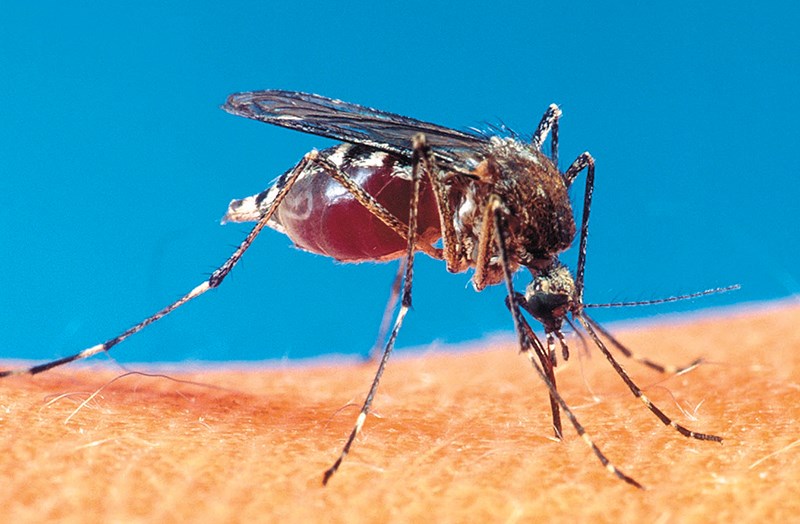The hot dry spring and summer has helped swat down most of the Lower Mainland's mosquitoes by denying them their usual prime breeding sites.
SFU mosquitoe biologist Carl Lowenberger said the drought has translated into a nice reprieve from the pests in most areas.
"As a result of the dry spell, we have fewer pots of standing water, therefore nowhere to lay eggs, which equals reduced populations," he said.
Some mosquitoe species lay eggs on land that must get flooded the next spring to hatch – usually from snowmelt or rivers overflowing their banks.
Because of the drought, this year's low snowpack and the lack of flooding of lowlands by the Fraser, those species are "doing nothing" this year, Lowenberger said.
But the eggs can survive a couple of years, so those mosquitoes could still emerge next year if conditions are wetter.
Other types of mosquitoes, such as the Culex species, overwinter as adults and can begin breeding immediately in the spring, provided they find water.
"They like dark, dank, dirty conditions," Lowenberger said, adding they often find a haven in storm drains and dtiches in agricultural areas.
Despite the drought, he's heard complaints of many mosquitoes in pockets of Delta, Richmond and parts of the Fraser Valley.
Lowenberger suspects some Lower Mainland municipalities are no longer treating storm drains and other breeding grounds as aggressively with bacterial insecticides as concern about West Nile virus waned.
"West Nile is on the back burner now, nobody's concerned about it, so it seems they might have let that go," he said. "If they're coming from the storm drains, they're probably not being treated."



